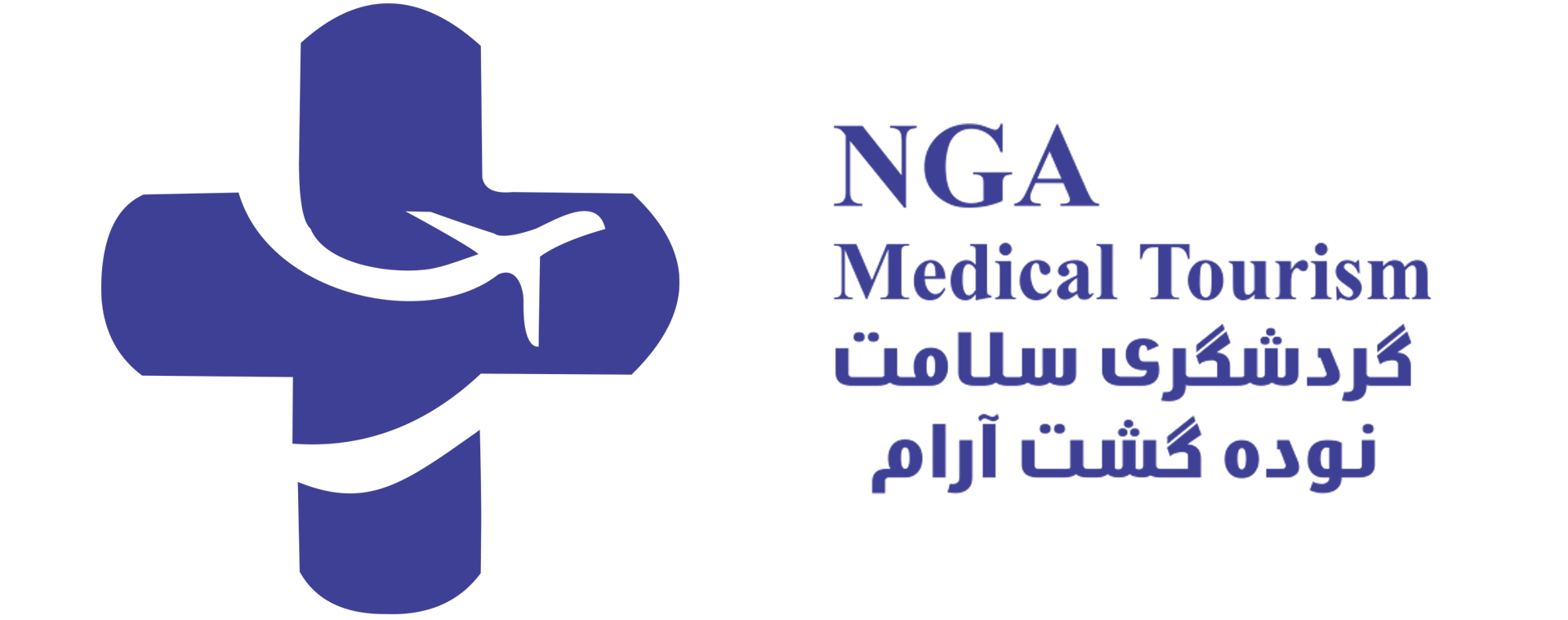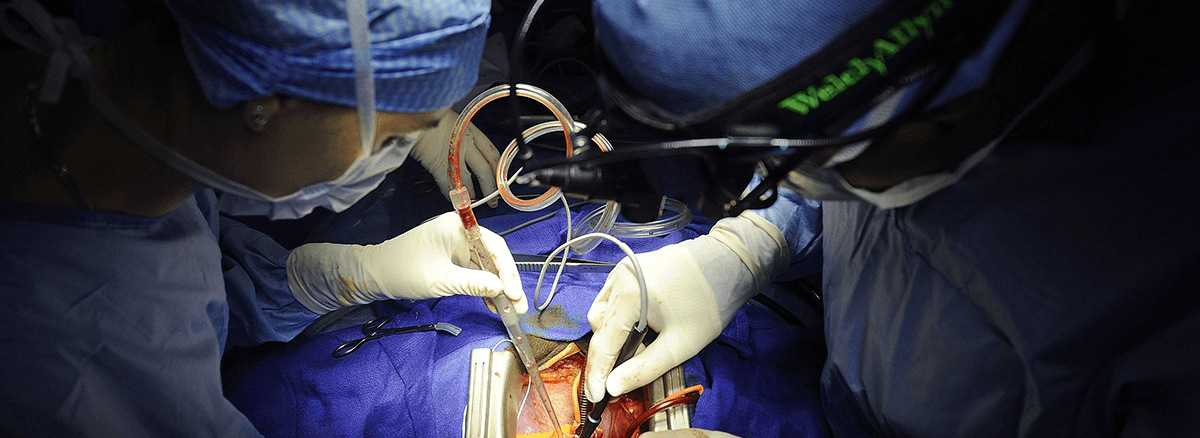- 1 October, 2023
- blog, دسته بندی نشده
Open Heart Surgery in Iran: Navigating the Depths of Cardiac Care
Unraveling the Mysteries of Open Heart Surgery
Welcome to a realm where medical expertise meets affordability: open heart surgery in Iran. In recent times, the global landscape of healthcare has evolved, and Iran has emerged as a beacon of hope for those seeking high-quality cardiac care without breaking the bank.
what is open heart surgery?
Open heart surgery is a surgical procedure where the chest is opened, providing direct access to the heart. It encompasses various cardiac interventions, including repairs to heart valves, treatment of congenital heart defects, and coronary artery bypass grafting (CABG). During the procedure, the heart may be temporarily stopped, and a heart-lung machine may be used to circulate blood. Open heart surgery is often employed to address complex cardiovascular issues, and advancements in medical technology continue to refine and improve the techniques involved in these life-saving procedures.
Benefits of Open Heart Surgery in Iran
Skilled Surgeons and Specialists
The success of open heart surgery often hinges on the expertise of the surgical team. Iran takes pride in its pool of highly skilled surgeons and specialists dedicated to cardiac care.
Patient Success Stories
Real-life stories of individuals who have undergone open heart surgery in Iran serve as beacons of hope. These narratives highlight not only the medical triumphs but also the emotional resilience of patients.
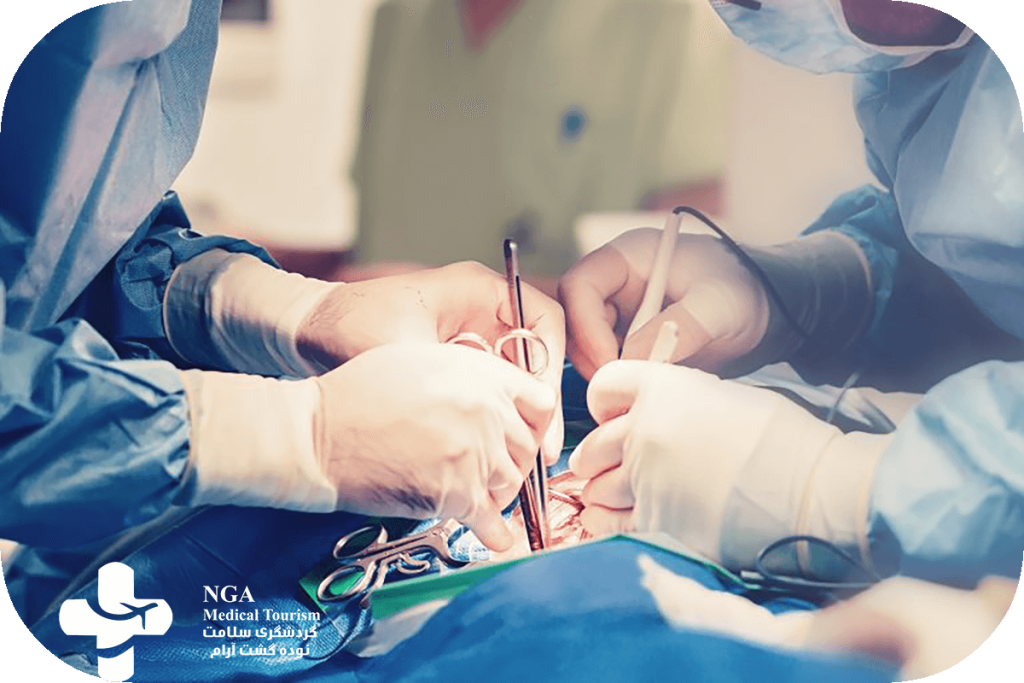

The Pinnacle of Expertise
Iran boasts a network of world-class medical facilities equipped with state-of-the-art technology and a cadre of seasoned cardiac specialists. Cardiovascular surgeons in Iran are often educated and trained in prestigious institutions around the globe, ensuring a seamless blend of international standards and local proficiency.
Unparalleled Facilities
Cardiac centers in Iran rival the best globally, with cutting-edge infrastructure designed to cater to the most intricate cardiac procedures. From advanced diagnostic tools to dedicated cardiac intensive care units, these facilities are a testament to the commitment to excellence.
Affordability Redefined
One of the standout features of opting for open heart surgery in Iran is the remarkable cost-effectiveness. World-class medical care need not be synonymous with exorbitant expenses. Iranian healthcare provides an alternative that doesn’t compromise on quality.
Transparent Pricing
Unlike some other medical destinations, Iran embraces transparent pricing. Patients can expect a clear breakdown of costs, including surgery, post-operative care, and follow-up appointments. This transparency empowers individuals to make informed decisions about their health.
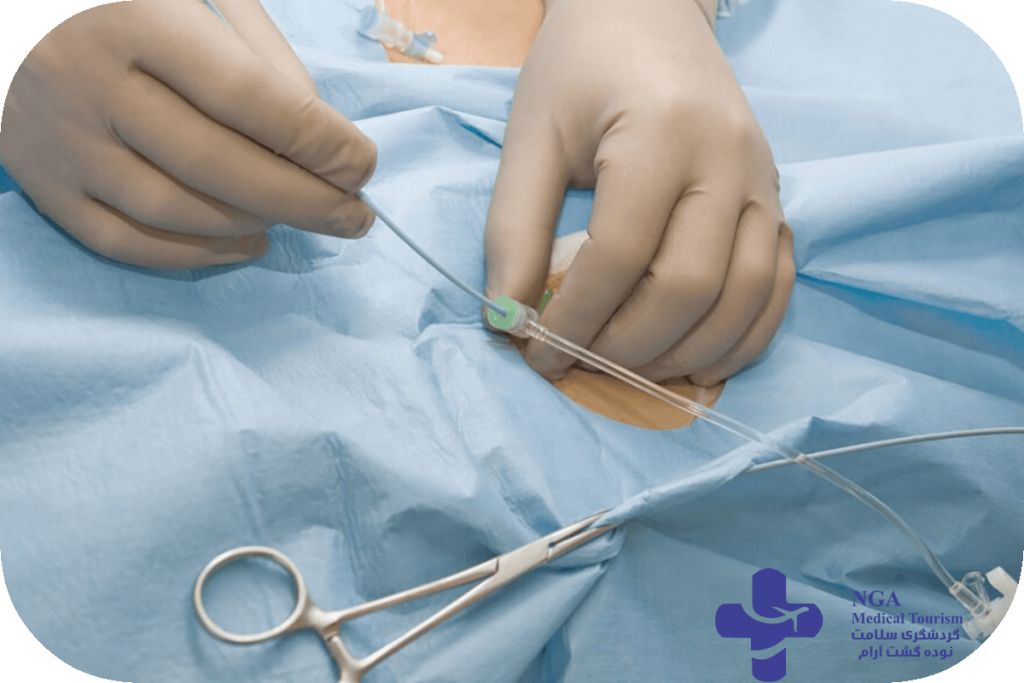
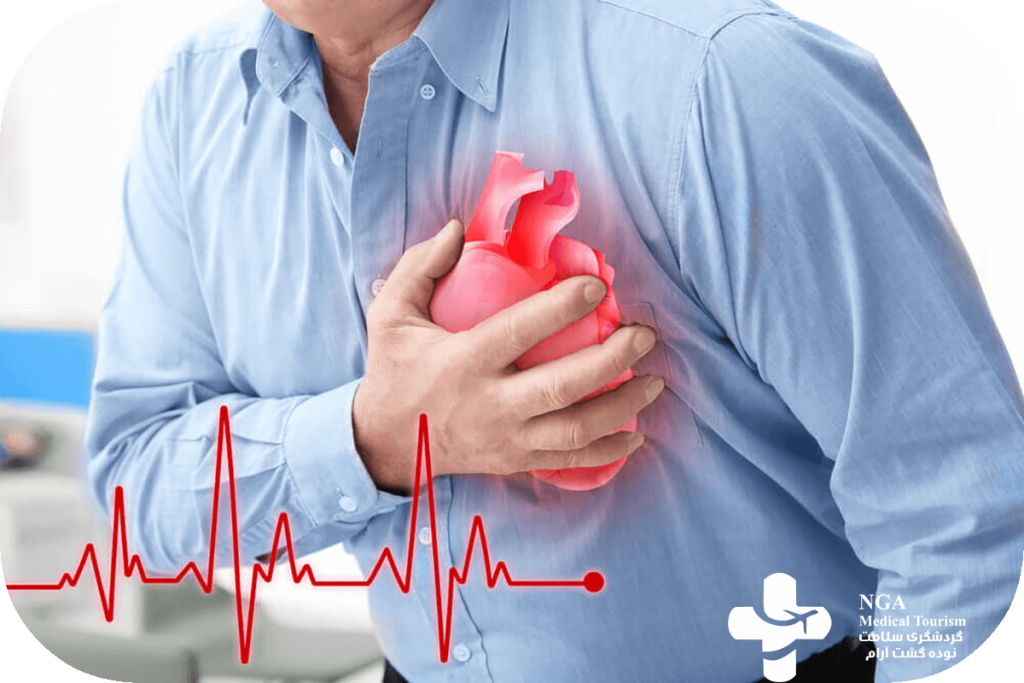
Patient-Centric Approach
The ethos of Iranian healthcare places patients at the center of every medical decision. Heart surgery in Iran is not just a procedure; it’s a personalized journey that prioritizes patient well-being and comfort.
Multilingual Support
Understanding the anxiety that often accompanies medical procedures, hospitals in Iran offer multilingual support. Communication barriers dissolve as medical professionals ensure that patients feel understood and cared for throughout the process.
Stringent Quality Standards
Iranian healthcare adheres to rigorous quality control measures. From the sterility of operating rooms to the precision of surgical techniques, every aspect of open heart surgery in Iran aligns with international benchmarks.
International Accreditations
Several hospitals in Iran proudly hold international accreditations, signifying compliance with the highest standards of patient care and safety. These certifications instill confidence in those seeking cardiac interventions.
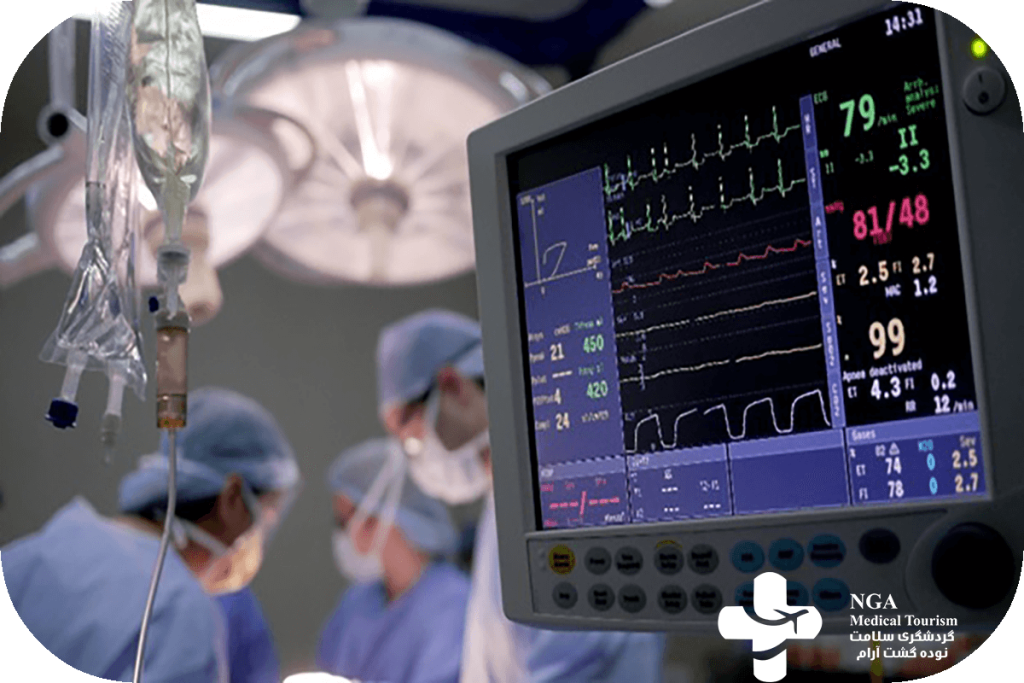

The Journey of Healing
The recovery phase following open heart surgery in Iran is as crucial as the procedure itself. Hospitals prioritize comprehensive post-operative care, ensuring a smooth transition from the operating table to a restored, healthier life.
Holistic Rehabilitation
Rehabilitation programs in Iran encompass not only physical recovery but also emotional and psychological well-being. A multidisciplinary approach involving physiotherapists, nutritionists, and counselors ensures a holistic recovery journey.
Preparing for Open Heart Surgery
Consultation and Evaluation
Before the surgical journey begins, patients undergo thorough consultations and evaluations, ensuring that the procedure aligns with their unique medical needs.
Preoperative Procedures
Understanding the preoperative phase is crucial, encompassing diagnostic tests, lifestyle adjustments, and mental preparation for the impending surgery.
The Surgical Procedure
Step-by-Step Overview
Embarking on the surgical odyssey, we provide a detailed walkthrough of the open heart surgery process, demystifying the intricate steps involved.
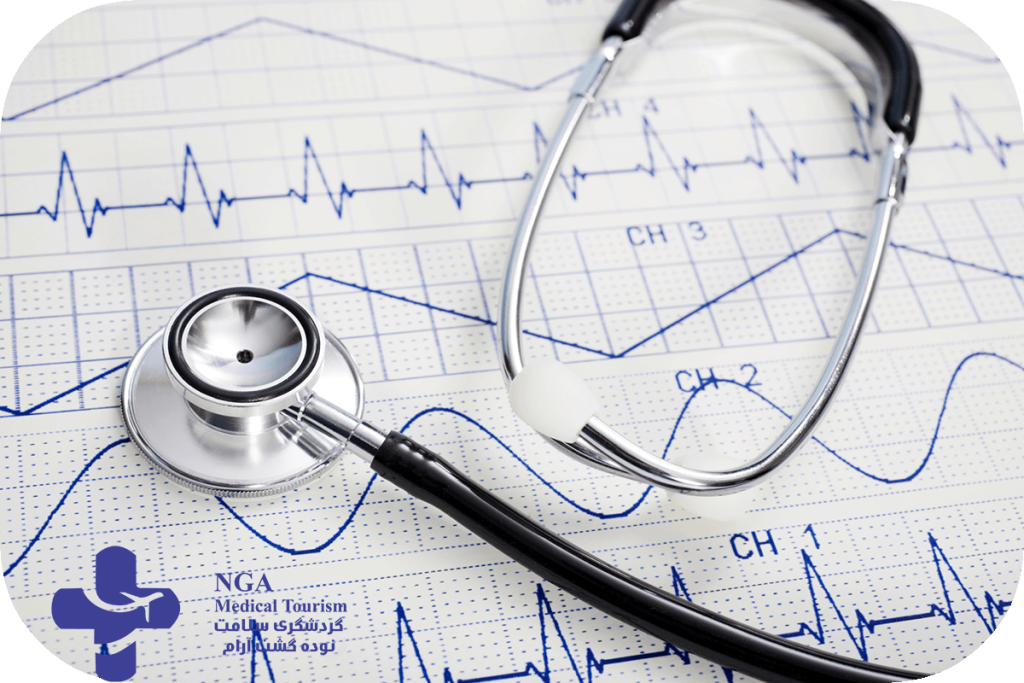
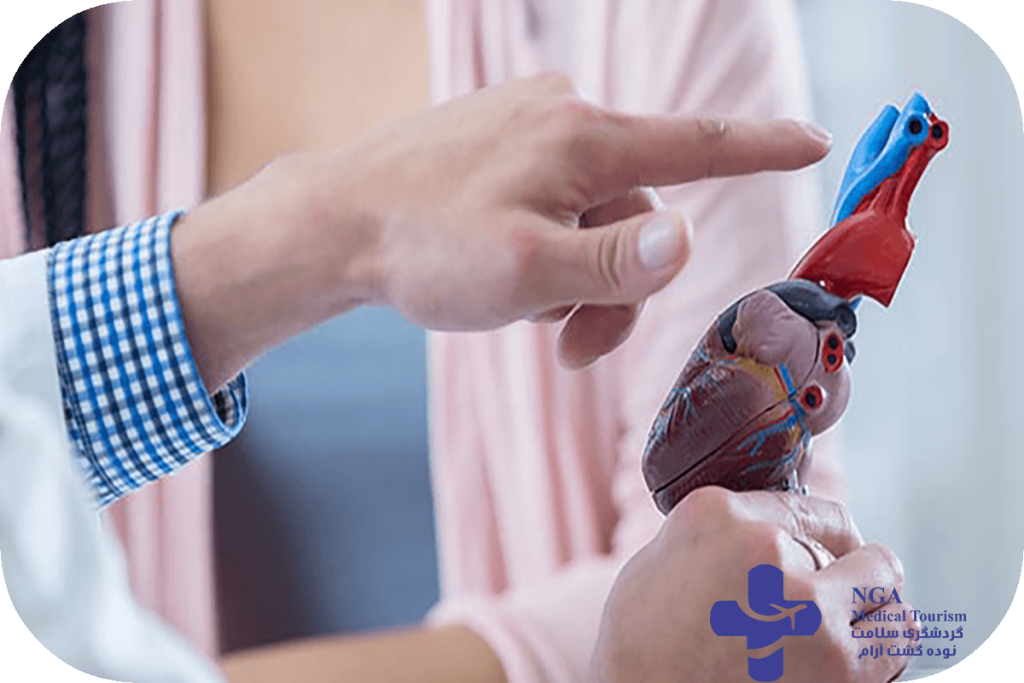
Open heart surgery Recovery Process
Postoperative Care
The journey doesn’t end in the operating room; postoperative care is paramount. Explore the meticulous care plans designed to support patients on their road to recovery.
Rehabilitation and Follow-up
Rehabilitation plays a pivotal role in restoring patients to optimal health. Follow-up appointments ensure a seamless transition from surgery to daily life.
After open heart surgery recovery
Undergoing open heart surgery in Iran entails an average hospital stay of four to five days. Post-procedure, the recovery phase is crucial. It typically spans six to eight weeks for the gradual healing of the breastbone and chest muscles. This period is pivotal as individuals embark on their journey to resume a normal daily routine. With the advanced medical care and cost-effectiveness associated with open-heart surgery in Iran, it stands as a strategic choice for those navigating the nuances of after open heart surgery recovery.

Risks and Complications of open heart surgery
Open heart surgery carries inherent risks, including arrhythmias, bleeding, blood clots, potential organ damage, infection at the incision site, and post-surgery issues like temporary memory loss. Effective communication with your healthcare team is key to understanding and addressing these risks.
video of open heart surgery
difference between bypass and open heart surgery
Open-heart surgery involves opening the chest, addressing various heart-related issues. Bypass surgery is a type of open-heart surgery, focusing specifically on grafting blood vessels to bypass blocked coronary arteries. While open-heart surgery encompasses a range of procedures, bypass surgery targets coronary artery blockages through either open-heart or less invasive methods.
Heart procedures come with a hefty price tag, particularly when insurance doesn’t foot the bill. That’s why individuals facing the staggering costs of cardiac treatments back home are exploring the option of having heart surgery abroad.
Thanks to various factors like favorable tax rates, a lower cost of living, and the devaluation of the Iranian currency against foreign counterparts, the expenses associated with cardiac surgery in Iran are significantly more affordable than in many other countries. So, if you’re in need of a heart procedure and seeking cost-effective alternatives, Iran emerges as an excellent choice.
For example:
the cost of open heart surgery in Iran compared to America is between:
The cost of heart bypass surgery is $123,000 in America and $7,000 in Iran
The cost of angioplasty is $28,200 in America and $2,200 in Iran
The cost of heart valve replacement is $170,000 in America and $7,000 in Iran
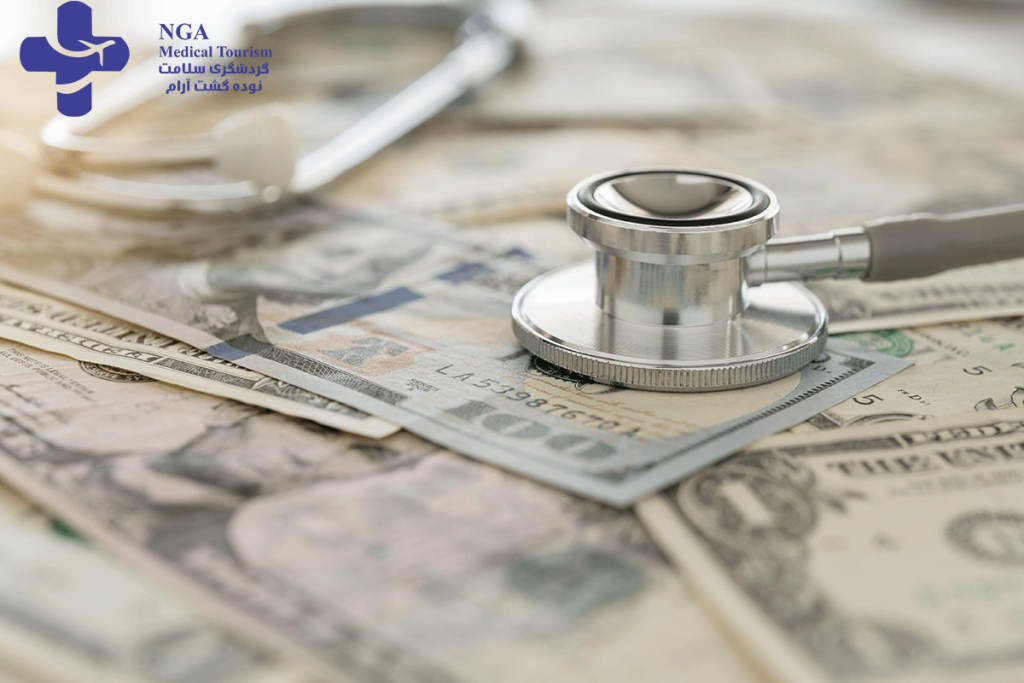
Nodeh Gasht Aram stands out as a premier medical facilitator for international patients seeking open-heart surgery in Iran. As a comprehensive healthcare facilitator, Nodeh Gasht Aram seamlessly coordinates all aspects of the medical journey, from accommodation to translation services and inpatient care, ensuring a hassle-free experience. With a commitment to providing top-notch services, they excel in offering these essential elements at the most cost-effective rates in Iran, making healthcare accessibility and affordability a priority for global patients.
Conclusion: A New Horizon in Cardiac Care
In conclusion, opting for open heart surgery in Iran unveils a new horizon in cardiac care. From the pinnacle of medical expertise to a patient-centric approach, Iran stands as a testament to the fact that quality healthcare need not be a luxury.
Read More: Arteriovenous Malformations
Read More: Aortic Valve Stenosis (Aortic Stenosis)
Read More: Heart Valve Surgery
Read More: Cardiology in Iran
Read More: General Heart Surgery
Frequently Asked Questions (FAQs)
Recovery duration varies, but post-open-heart surgery typically involves 4-8 weeks for healing and gradual return to normal activities.
Common risks of open-heart surgery include infection, bleeding, and potential complications like heart attack or stroke. Adverse reactions to anesthesia are also possible.
No, open-heart surgery is one option; alternatives include less invasive procedures like angioplasty, medication, or lifestyle changes, depending on the specific cardiac issue. The choice depends on the severity and type of the condition.
Preparing mentally for surgery involves staying informed about the procedure, discussing concerns with your medical team, seeking support from loved ones, and practicing relaxation techniques to manage anxiety and stress.
Yes, there are financial assistance programs for open-heart surgery in Iran. Moreover, the cost of surgery in Iran is significantly lower compared to many European countries and the region, resulting in substantial cost savings for individuals.
Age alone does not disqualify someone from undergoing open heart surgery. The decision is based on overall health and the specific cardiac condition.
Ongoing research and technological advancements continually refine open heart surgery techniques, aiming for improved outcomes and reduced invasiveness.
Read More: IVF in Iran
Read More: What Is Ivf Procedure
Read More: Where Is The Cheapest Country For IVF In 2023?
Read More: Fertility Clinic near me
Read More: Ivf Injections
